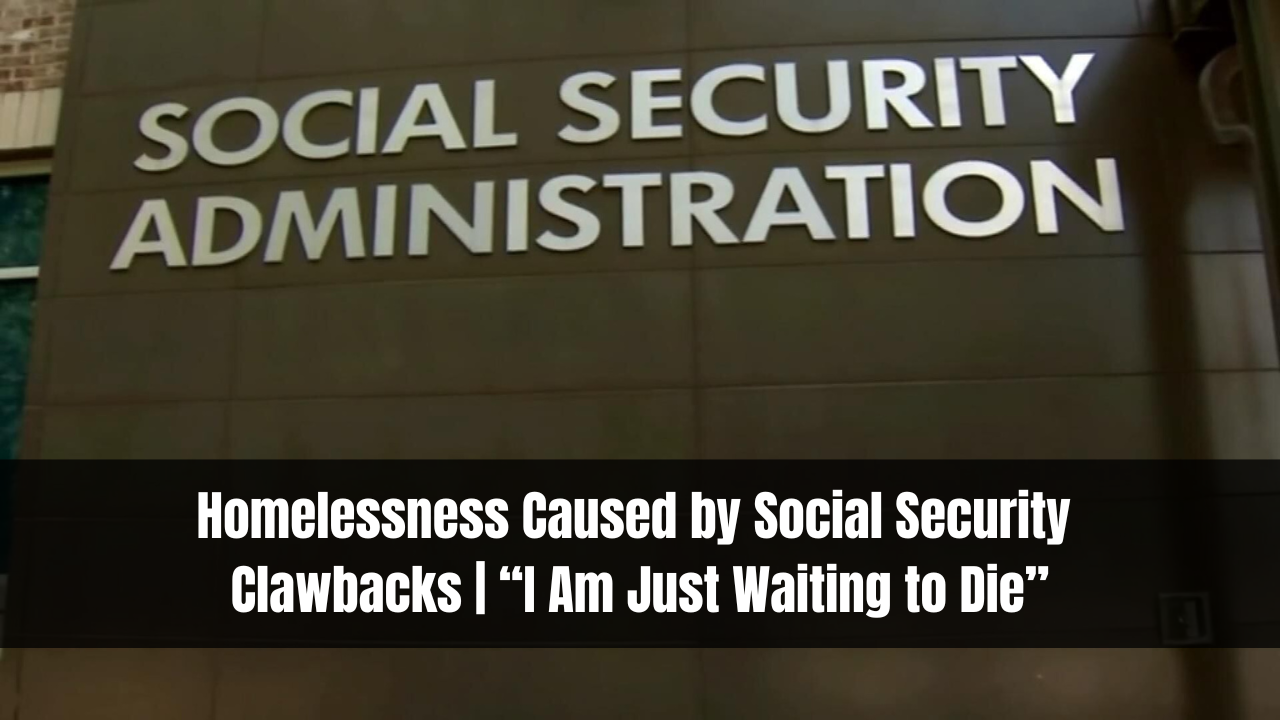Homelessness Caused by Social Security Clawbacks | I Am Just Waiting to Die. The plight of individuals facing homelessness due to Social Security clawbacks reveals a distressing reality. Denise Woods, a 51-year-old resident of Savannah, Georgia, finds herself roaming strip malls for a place to sleep after the government abruptly terminated her disability benefits, demanding the repayment of nearly $58,000. This narrative sheds light on the broader issue of Social Security overpayments disproportionately affecting marginalized communities.
Unraveling Denise Woods Story
Denise Woods, battling lupus and congestive heart failure, shares her struggle since the sudden termination of her disability payments in March 2022. Despite seeking answers and applying for a waiver, she faces a monthly withholding of $2,048 until February 2026, plunging her into a precarious situation.
The Widening Impact
Woods story is not isolated, as millions grapple with the Social Security Administration’s attempt to reclaim what it deems as wrongly distributed funds. The consequences are severe, pushing some into homelessness, eviction, or foreclosure. The impact is particularly harsh on Black and Hispanic individuals, reflecting a painful legacy of racial inequity in the administration policies.
Inequities in Social Security Actions
Kilolo Kijakazi, acting commissioner of the Social Security Administration, asserts an orderly process for managing overpayments, emphasizing notification and repayment options. However, testimonies from affected individuals tell a different story – benefits terminated without explanation, prolonged appeals, and a lack of responsiveness from the SSA.
Racial Disparities
The overpayments disproportionately affect minority groups, revealing systemic issues within the Social Security Administration. Funding shortages and staffing cuts exacerbate the problem, leaving vulnerable beneficiaries without adequate support.
Advocacy and Legal Challenges
Advocacy groups and attorneys, such as Jen Burdick from Community Legal Services of Philadelphia, highlight the devastating impact of overpayments on the most vulnerable. The stories of individuals like Ronald Harrell, who now lives in the woods after losing retirement benefits, underscore the urgent need for systemic change.
Systemic Flaws and Budget Cuts
The Social Security Administration’s budget cuts and low staffing contribute to erroneous overpayment notices, with little consideration for the circumstances of the affected individuals. Critics argue that the agency’s implicit bias against beneficiaries reinforces a culture of suspicion rather than support.
Conclusion
The Social Security clawback system, ostensibly designed to rectify overpayments, is causing irreparable harm to the most vulnerable in our society. As stories of individuals like Denise Woods and Ronald Harrell unfold, the need for comprehensive reforms becomes evident. The government must address systemic flaws, racial disparities, and provide meaningful support to those adversely affected by its policies. Only then can the Social Security system fulfill its intended purpose of safeguarding the well-being of all citizens.






